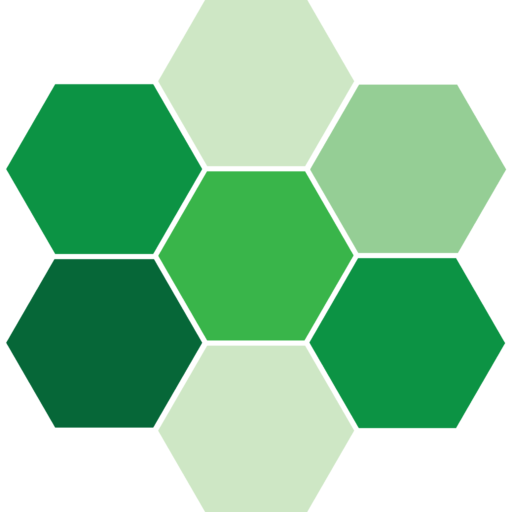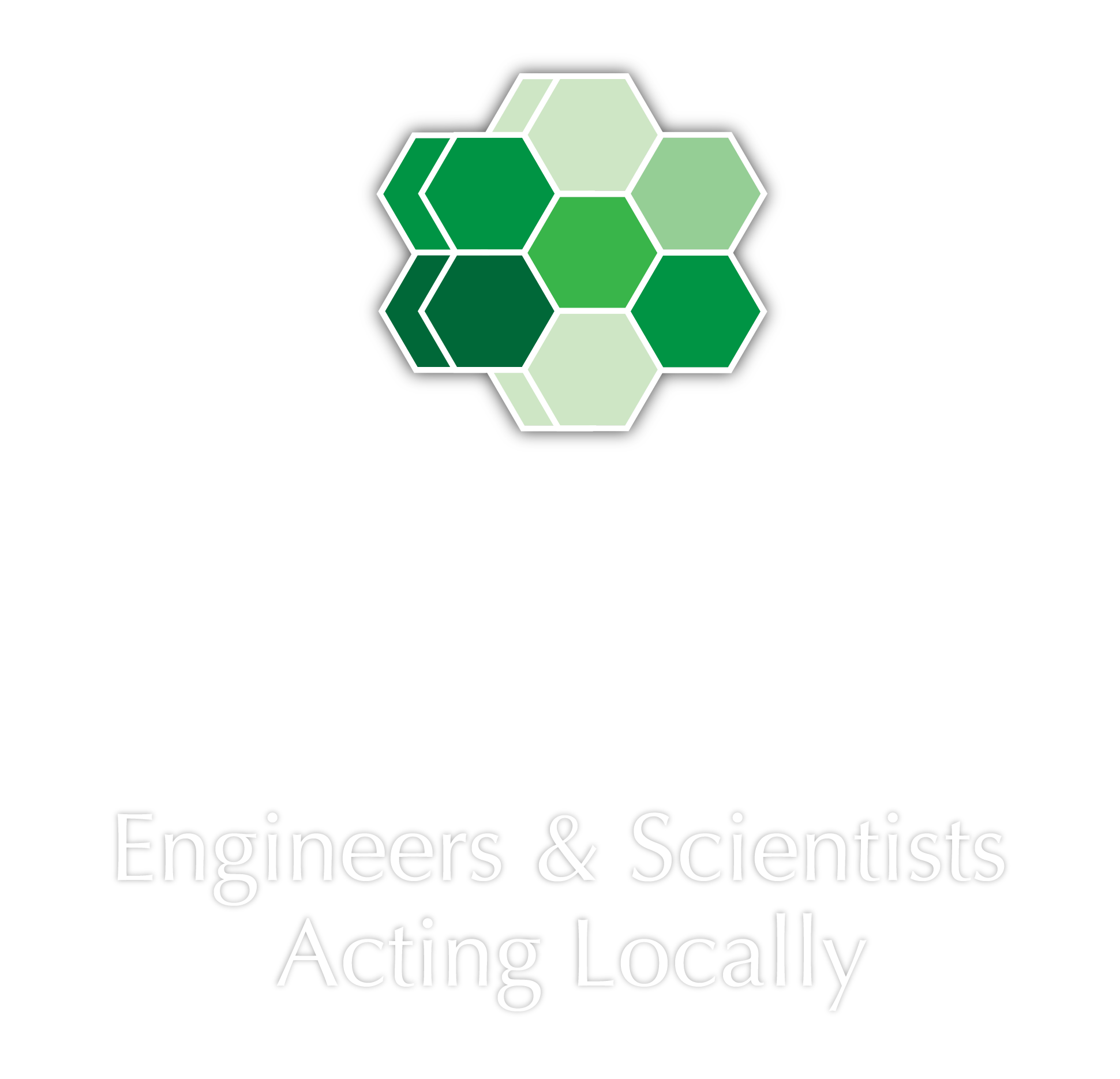Dr. Kenya L. Goodson is vice-president of the board of the Black Warrior River Keeper, adjunct professor of environmental science at the University of Montevallo, and science instructor for first generation college-bound high schoolers through Stillman College's Upward Bound program. Read her story about her path to applying her science background to improve environmental education and management in her community.


